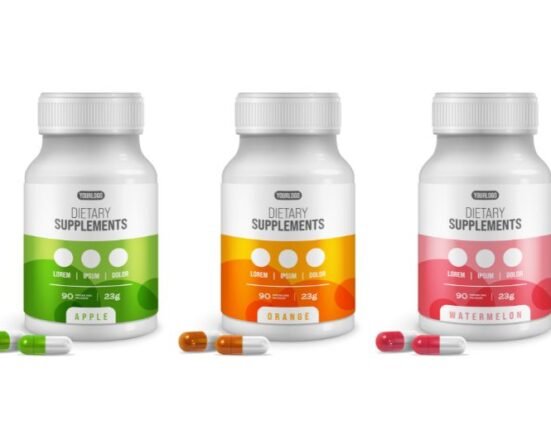HQ Team
June 7, 2023: Vitamins supplements have become a routine part of our health regime and since these pills are not as regulated as other medicines, many people tend to self-prescribe without realising the dangers associated with them.
One such vitamin is Niacin or Vitamin B3. Research shows that taking too much niacin could have potentially harmful side effects such as vision loss and liver damage.
Niacin, a member of the B vitamin group (B3), plays a crucial role in our nervous system function and metabolism. Additionally, niacin is sometimes prescribed alongside statins to help individuals with high cholesterol.
Niacin benefits
While niacin does offer heart health benefits, it is crucial to understand that excessive intake of this vitamin can lead to harmful effects on the body. Niacin toxicity is something to be aware of. Niacin can cause serious hepatoxicity that ranges from a mild elevation of liver enzymes to acute liver failure.
For adults, the recommended daily amount (RDA) of niacin is 13-18 milligrams (mg). However, popular supplements often contain as much as 500 mg per dose, far exceeding the recommended intake.
Toxic Effects
A case study conducted by doctors at the New York Eye and Ear Infirmary of Mount Sinai sheds light on the potential dangers of excessive niacin consumption. A 61-year-old man came with sudden vision loss, nearly reaching the point of legal blindness. The patient failed to mention his self-prescribed niacin usage for high cholesterol. Upon enquiry, the doctors discovered that he had been consuming approximately three to six grams of niacin per day for several months. This excessive intake was suspected to be the cause of his eye problems.
Investigations showed niacin-induced maculopathy or cellular damage in the retina caused by niacin. This rare toxic reaction results in fluid buildup in the macula, the central area of the retina, causing eye swelling and blurred vision. Fortunately, discontinuing niacin supplementation allowed the patient’s vision to be restored.
Niacin-related other adverse health outcomes
Aside from niacin-induced maculopathy, high doses of niacin have been associated with various adverse health consequences. Intake of 1,000 mg per day can result in headaches, dizziness, low blood pressure, high blood sugar, nausea, heartburn, and stomach pain. Further exceeding this dosage can lead to more severe problems such as muscle damage, stomach ulcers and liver damage.
As niacin is water-soluble (less risk of building up in the body to a toxic level), many people don’t think twice about taking a supplement that may contain 100 times the RDA for the vitamin. But foods such as poultry, fish, avocados, peanuts, mushrooms, brown rice, and whole wheat products are good sources of adequate niacin dosage for you.






